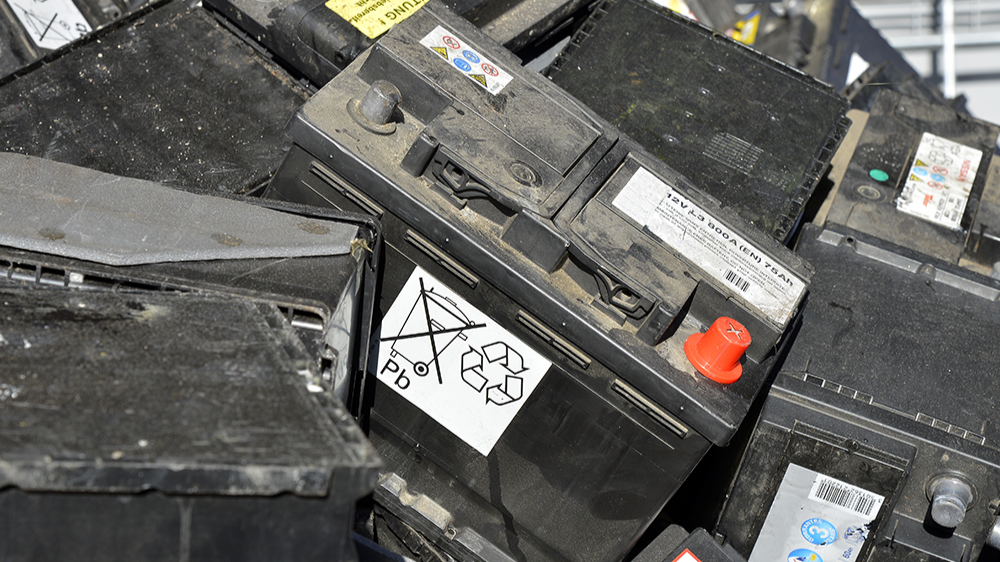Hazardous waste management
Handling Hazardous Waste: What Entrepreneurs Need to Know
Monitoring the large number of regulations, laws, and decrees related to handling hazardous waste is often extremely challenging for entrepreneurs. However, you don’t have to do it alone – in this regard, the Helios information system can be a major help. It provides essential information, monitors reporting deadlines, and ensures correct waste records in line with current legislation.
Handling hazardous waste in Slovakia is strictly regulated by legislation that imposes obligations on every entrepreneur who produces, processes, or transfers such waste. These obligations are set out in Act No. 79/2015 Coll. on Waste and in the relevant decrees of the Ministry of the Environment of the Slovak Republic.
What is hazardous waste?
According to § 3(1)(i) of Act No. 79/2015 Coll. on Waste, hazardous waste is any waste that possesses one or more hazardous properties, such as toxicity, explosiveness, flammability, infectivity, or carcinogenicity. These types of waste can harm human health or the environment.
The classification of waste and its inclusion in the category of hazardous waste is carried out by the entrepreneur based on the Catalogue of Wastes, established by Decree No. 284/2001 Coll. of the Ministry of the Environment of the Slovak Republic. Each type of waste is marked with a specific code that defines its nature and hazardous properties.
Obligations of entrepreneurs in handling hazardous waste
1. Waste records
According to § 26(1) of Act No. 79/2015 Coll. on Waste, every entrepreneur is required to keep records of waste and store them for at least 5 years. These records must include data about the type of waste, quantity, method of handling, and place of origin. Records are kept in accordance with Decree No. 366/2015 Coll. on Record-Keeping and Reporting Obligations.
In practice, fulfilling these obligations is significantly simplified by a central information system on waste, which automatically records data, prepares required reports, and ensures compliance with current legislation.
2. Reporting obligation
Entrepreneurs are required to submit a Waste Generation and Handling Report for the previous calendar year by February 28 of each year. The report is submitted electronically via the national waste information system, which allows for fast data verification and automatic generation of required forms.
3. Waste handling
Under the Waste Act, an entrepreneur must ensure that waste is handled in a way that does not endanger human health or the environment. This includes:
- Collecting waste in accordance with technical and safety requirements.
- Transporting waste only through carriers with the appropriate authorization.
- Ensuring disposal or recovery of waste through licensed facilities.
4. Waste consignment note
When transporting hazardous waste, the entrepreneur must issue a waste consignment note containing details about the sender, recipient, type of waste, quantity, and method of handling. The consignment note must be kept for at least 5 years. The information system can automatically generate and archive this documentation.
Obligation to employ a waste manager
If an entrepreneur produces more than 100 kg of hazardous waste per year, they are required to employ a waste manager, who:
- Maintains waste records,
- Prepares reports,
- Coordinates waste transport and cooperates with authorized entities.
The information system helps the waste manager efficiently monitor all duties, deadlines, and documents in compliance with legislation.
Conclusion
Handling hazardous waste in Slovakia is strictly regulated. Companies can significantly simplify compliance with these legal obligations by using the Helios information system, which ensures up-to-date records, generates necessary reports, and guarantees that every step taken by the company aligns with valid legislation.
By following these regulations, companies protect the environment, safeguard the health of their employees, and avoid high financial penalties.

